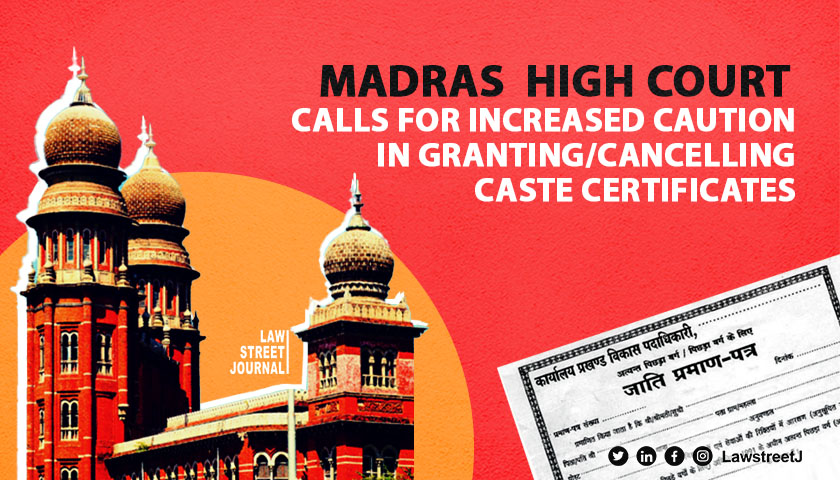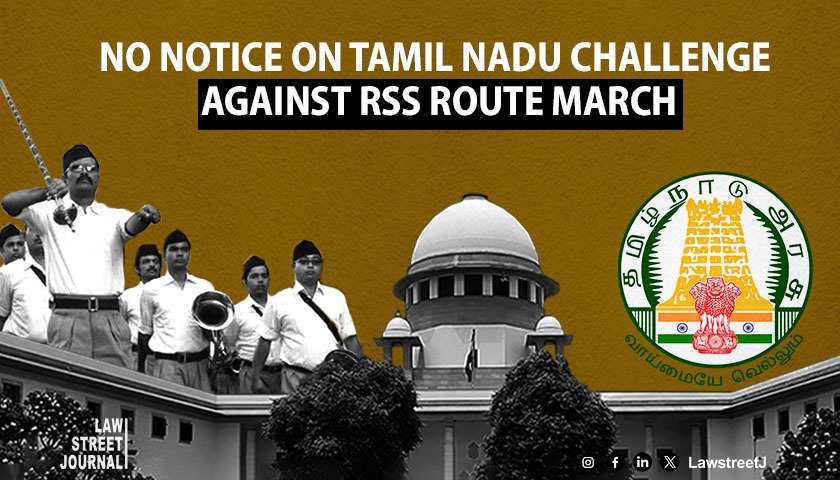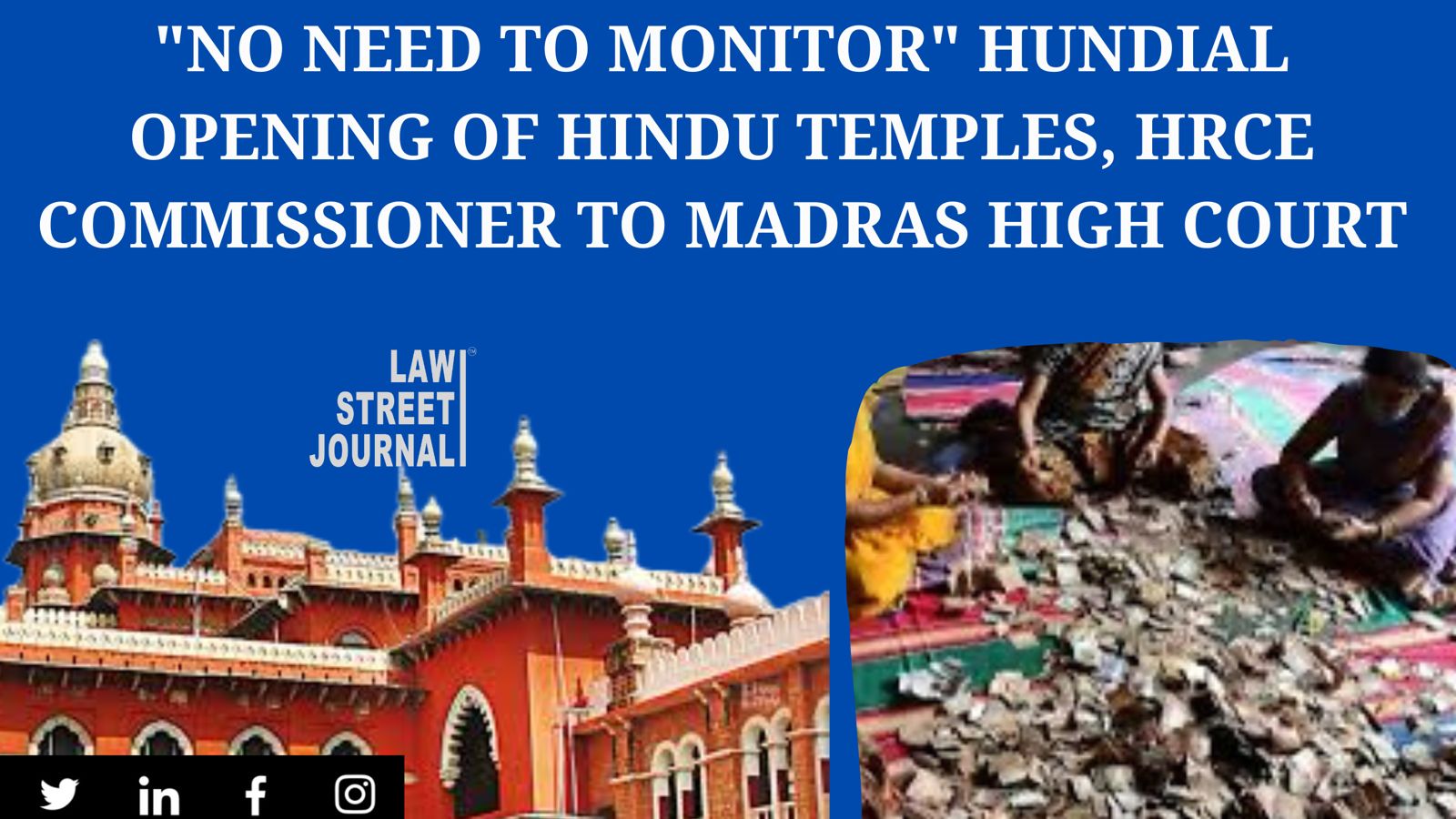The grant or cancellation of caste/community certificates would have repercussions, which will affect the future generations of a family as well, the Madras High Court highlighted, while cautioning Authorities to pay heed to all documents being submitted for verification.
Grant of community certificate or cancellation of community certificate would have a larger repercussion and will affect the future generation of the family concerned. Therefore, the authorities competent while conducting an enquiry are expected to be cautious and each and every document produced by the parties is to considered and a finding is to be made so as to remove any ambiguity in respect of the decision to be taken either to grant or cancel the community certificate. Any ambiguity would result in denial of basic right to the person, who seeks community certificate from the authorities, a Bench of Justices Justice SM Subramaniam and Justice V Lakshminarayanan observed.
The Bench was hearing a matter which questioned the validity of the Petitioner - P Maheshwaris, caste certificate. Maheswari, who belonged to the "Kuravan" community (a scheduled caste community), participated and won in the local body elections after receiving the community certificate. The rival candidate filed a complaint alleging that Maheswari had submitted a falsified community certificate and demanded action to remove her from the Presidents post.
According to the allegation, the District Level Vigilance Committee launched an investigation and cancelled Maheswari's community certificate. When Maheswari challenged this in court, the High Court remanded the case to the authorities and ordered that a new final order be issued after receiving a report from the Vigilance Cell and following the procedure outlined in the Government Order of Adi Dravidar and Tribal Welfare Department.
The Vigilance Committee once again cancelled Maheswari's community certificate.
Maheswari contested the impugned ruling, claiming that the Vigilance Committee had failed to analyze the 62 documents shed provided. On the other hand, the State defended its stand by stating that the District Level Vigilance Committee had followed the relevant procedures and considered the Vigilance Cells report. And, so there was no infirmity with regard to the cancellation of the caste certificate.
The bench observed that, while there was no doubt that the Committee had considered the Vigilance Cell's report and followed the procedures outlined in the Government Orders, there was no discussion of the Vigilance Cell's documents/findings or appreciation of evidence presented before the Committee.
The Court further emphasized that, despite the fact that the Anthropologist had willingly provided a report, it was not either mentioned or considered in the impugned judgment. The court remarked that when such voluntary reports were submitted, there was no impediment in the Committee considering it unless the former felt that the document lacked merit.
When there are reports in favor of and against the petitioner, both have to be reviewed, and findings have to be issued, before a decision for cancelling the community certificate is taken, it said.
Since the order would affect the right of the petitioner and because she had already been elected for the post of President in local body elections, the Court remanded the matter once again to the Committee. This case is an exception, wherein, we thought fit that the Committee has to go into the documents produced by the petitioner and the Vigilance report or any other report produced by the parties and make a categorical finding both factually and legally and thereafter, pass a reasoned order for arriving at a conclusion.







![Madras High Court Directs Tamil Nadu Government to Ensure Quota for Transgenders in Local Body Elections [Read Order]](/secure/uploads/2023/08/lj_2507_7a03d113-08b1-4670-b6fb-9058aee481d0.jpg)






